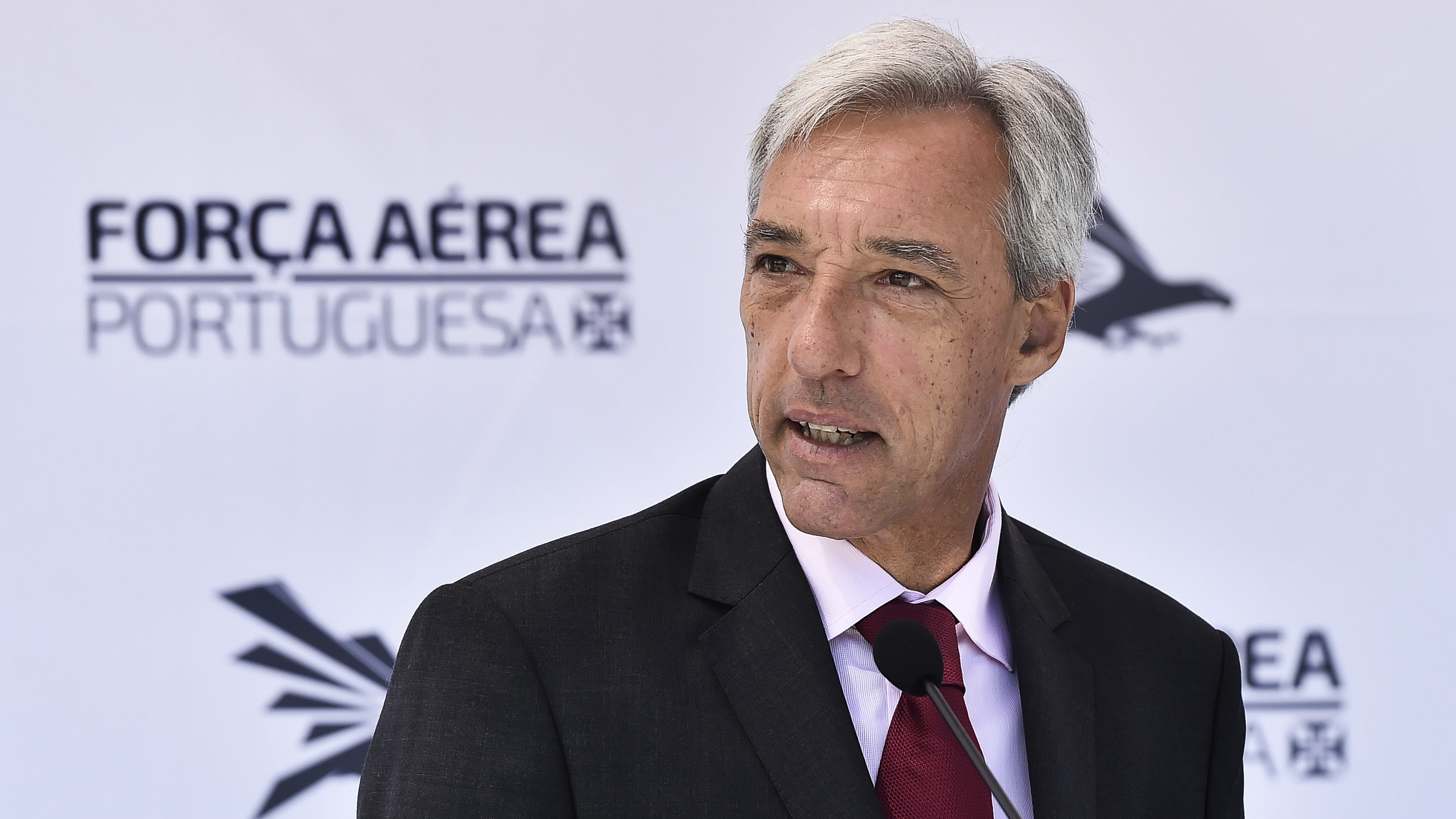IMF wants to see gradual adjustment from 2023
The International Monetary Fund (IMF) announced that that Portugal will need a gradual adjustment from 2023 onwards to rebuild fiscal space.
The IMF said on Monday that Portugal will need a gradual adjustment from 2023 onwards to rebuild fiscal space, respond to ageing pressures, increase public investment and reduce risks with debt.
In the conclusions of its 2022 annual assessment of Portugal, released today, the International Monetary Fund (IMF) mission to Portugal found that policy priorities will need to balance short-term urgencies and deal with high energy prices and other impacts of the war in Ukraine with a smooth transition to growth, rebuilding fiscal space and advancing reforms for a more resilient economy.
“In the medium term, structural reforms – including in the Recovery and Resilience Plan – sustained public investment and fiscal consolidation within a medium-term plan will build a more dynamic and resilient economy,” the conclusions state.
The IMF mission, led by Rupa Duttagupta, said, “these efforts are key to meeting the long-term priority of increasing Portugal’s growth potential and accelerating income convergence with the rest of the euro area.”
“From 2023 onwards, a gradual fiscal adjustment will be needed to rebuild fiscal space, address ageing-related spending pressures, increase public investment and reduce debt-related risks,” it stressed.
The IMF mission recommended a “growth-friendly fiscal adjustment” focused on tax reforms, rationalising current spending and maintaining substantial growth-enhancing public investment.
Under fiscal reforms, the IMF wants greater efficiency, removal of distortions, and broadening of the tax base. “There is scope for strengthening tax policy and tax expenditure analysis, and restricting the proliferation of tax incentives, revisiting reduced VAT rates and strengthening less distorting instruments such as property and environmental taxes,” it pointed out.
It also recommended strengthening the sustainability of pensions, reinforcing financial management in the health service, improving financial sustainability and governance in state-owned companies, and improving the targeting of social benefits.
For the IMF, containing the public wage bill in the medium term will require a comprehensive review of employment and remuneration structures.
The mission also said that additional measures to improve Portugal’s legal framework would further strengthen the corporate sector’s financial health and governance, allow for improved efficiency and productivity, and consider it essential to monitor the credit quality of banks.
The IMF believes that Portugal’s Recovery and Resilience Plan offers a “unique opportunity” to transform the Portuguese economy and make it more resilient, dynamic, and ‘greener’, also stressing, when it comes to structural reforms, that addressing “the skills gap and reducing labour market duality would unlock obstacles to stronger growth”.
“Building on recent successes, further policy efforts will be needed to meet Portugal’s ambitious climate targets,” it concluded.
The IMF mission contacted the Portuguese authorities from October 21 to November 4 2021 (virtually) and May 9 to 13 2022 (in person).


